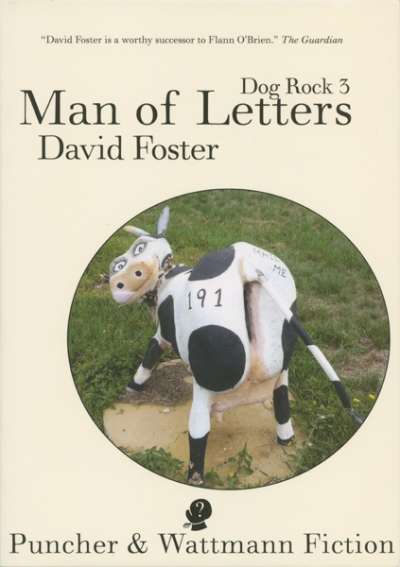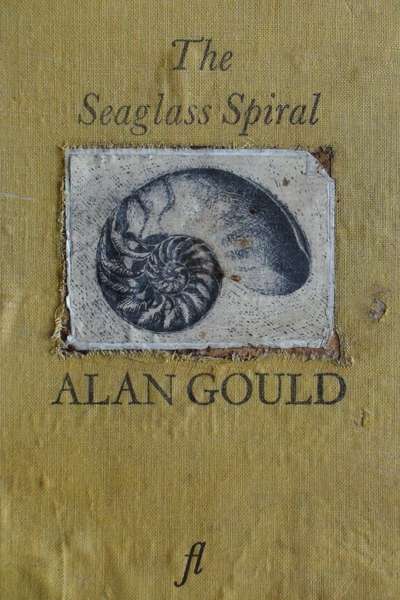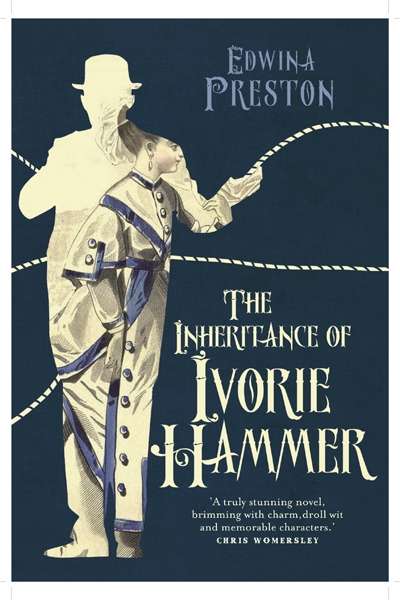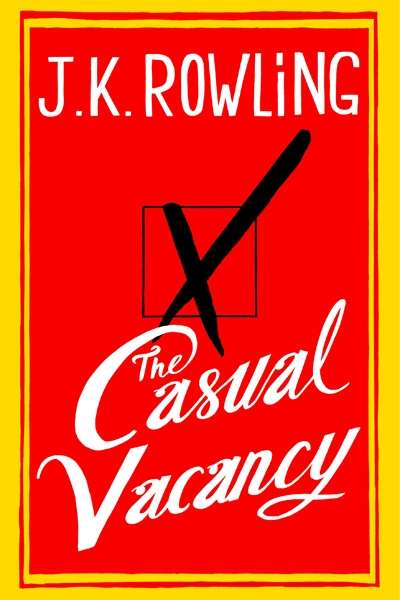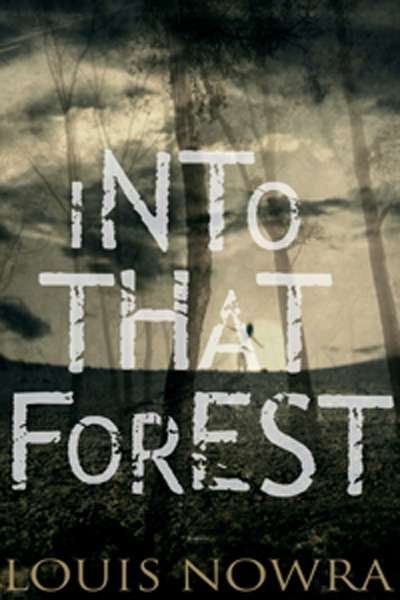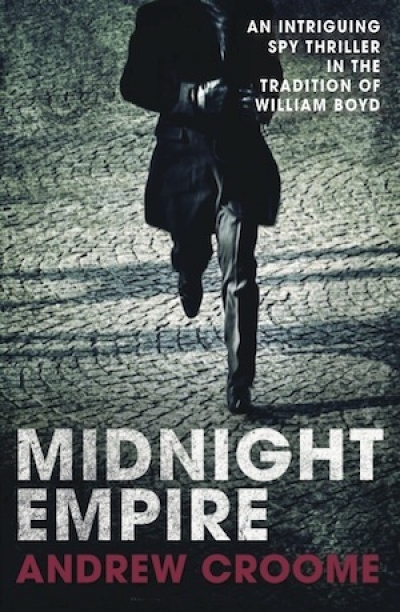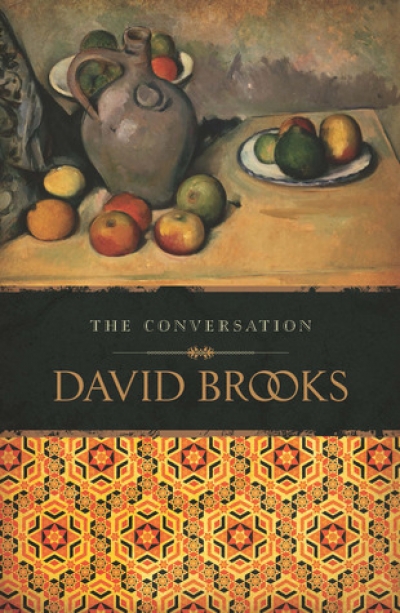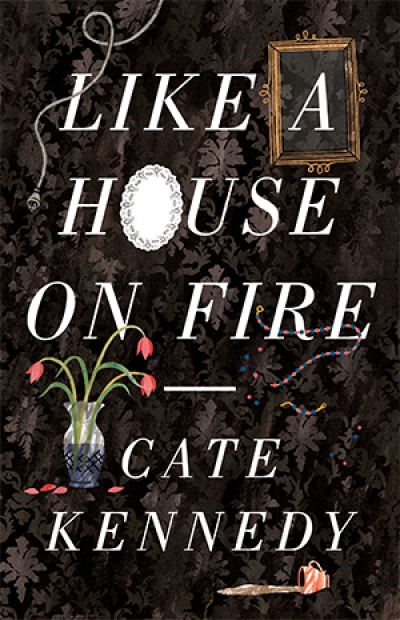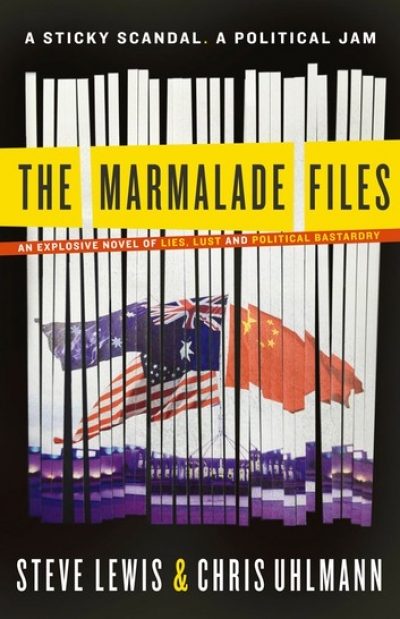Fiction
David Foster’s earlier Dog Rock novels came out of his experience as a Bundanoon postman in the 1980s. A recent brief return to his old run has provided irresistible material for a further comic foray into rural life. Dog Rock: A Postal Pastoral (1985) and The Pale Blue Crochet Coathanger Cover (1988)observed the changes in a country village under the rather flimsy cover of murder mysteries, but Foster sacrificed his postman, D’Arcy D’Oliveres, to the task of narrating The Glade Within the Grove (1996). Now, a few years after the immense achievement of Sons of the Rumour (2009), D’Arcy rides his Honda 90 again. Of course, readers need to overlook the fact that D’Arcy died of lung cancer before he could finish The Glade Within the Grove. But D’Arcy’s death is not fact, it’s fiction – so he can rise from the dead, without any need for miraculous cures or mistaken identities, to narrate Man of Letters. In this novel, he tells the locals of Dog Rock that he was dead and buried ‘only in a manner of speaking’.
... (read more)In his Introduction to The Seaglass Spiral, Finlay Lloyd reveals that an earlier version of this novel won an award for ‘best rejected manuscript’. It is a curiously back-handed compliment for a publisher to pay his author, and it is typical of an Introduction that seems cautious, even diffident, about its product.
... (read more)The Inheritance of Ivorie Hammer by Edwina Preston
The Inheritance of Ivorie Hammer is a novel that manages to be absolutely itself, with a wholly idiosyncratic voice, while at the same time acting as a veritable echo chamber of earlier writers. The first page, with its lofty insistence about what ‘should not surprise the world’ in the behaviour of a young woman with the surname Ward, immediately calls to mind Mansfield Park, and the Austen echo is redoubled by the fact that her first name is Marianne. However, Preston’s narrator proceeds to address her readers with a confidence she might have learned from Anthony Trollope, while elsewhere providing information in bulleted lists, a trick Laurence Sterne would probably have found useful had he been writing a couple of centuries later.
... (read more)In the opening pages of The Casual Vacancy, a man named Barry Fairbrother collapses and dies in the car park of the Pagford Golf Club. For the next seven chapters, news of his premature demise spreads through the small English town. Reactions vary
... (read more)Tohby Riddle’s Unforgotten (Allen & Unwin, $35 hb, 123 pp, 9781742379722) will be appreciated by aficionados of Shaun Tan’s sophisticated illustrated works and Riddle’s impressive books. This atmospheric book is allegorical and metaphorical, and the structure is cyclic. It begins and ends in the heavens; and gradually revea ...
The world’s last known Tasmanian tiger died in Hobart Zoo in 1936. Surviving film footage of the marsupial is brief. No sound recordings exist of a thylacine’s bark or cough. Its extinction is one of Australia’s most lamentable tales. Nowra’s sad, dark novel imagines how these carnivores could care for two children lost in the wilderness.
... (read more)Midnight Empire, the second novel by Canberra author Andrew Croome, depicts political intrigue and acts of violence that play out against the backdrop of the so-called ‘war on terror’.
... (read more)The epigraph from Plato’s Phaedrus cleverly introduces the Socratic dialogue on which David Brooks’s new novel turns. This makes for a brilliant foray into the contradictions at the heart of the truths that both characters are seeking in The Conversation. This question-and-answer exchange is presented as a kind of Scheherazadian dégustation of narratives, where the novel endures for as long as the stories continue. For this reason, the emphasis is on pauses, languor, and an understanding of the way in which something can consume (‘eat away at’) a person.
... (read more)Cate Kennedy’s fine second collection of short stories, Like a House on Fire, is of a determinedly realist bent. Metafictional play does not generally form part of Kennedy’s armoury, and the mostly low-rent settings and struggling characters reprise what in the 1980s and early 1990s was briefly known as dirty realism, though Kennedy’s prose is not as resolutely spare as that of some writers associated with that movement.
... (read more)The Marmalade Files is a novel by Canberra press gallery veterans Steve Lewis and Chris Uhlmann. Set in 2011, it is a fast-paced political thriller with decidedly modest ambitions. Probably intended as a thriller or a light-hearted romp through Canberra’s back rooms, The Marmalade Files fails on both counts. It is a sort of bastard potboiler, weirdly confused in its intentions and shackled by an authorial voice that amounts to little more than a patina of hackneyed stereotypes.
... (read more)
